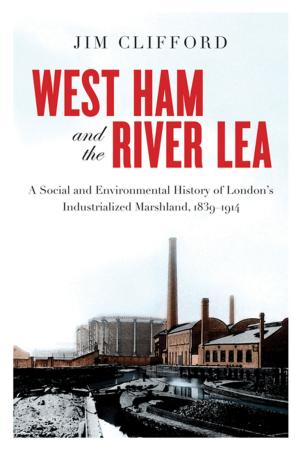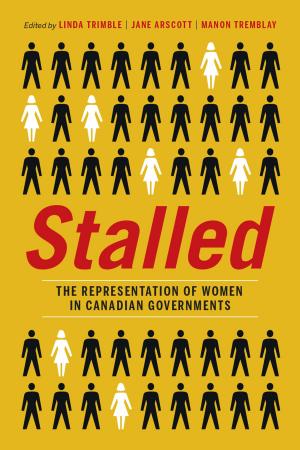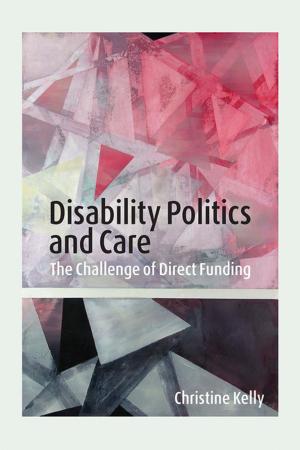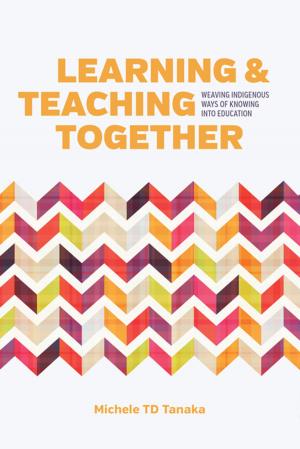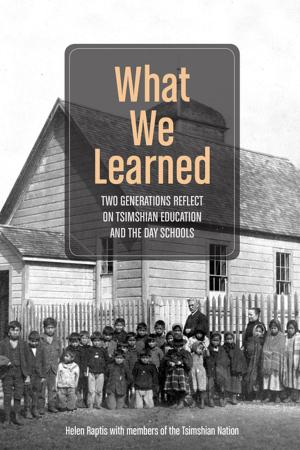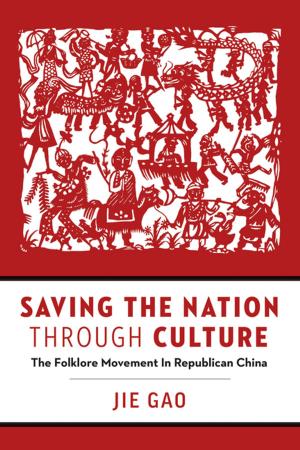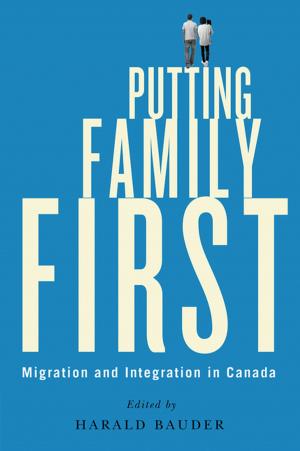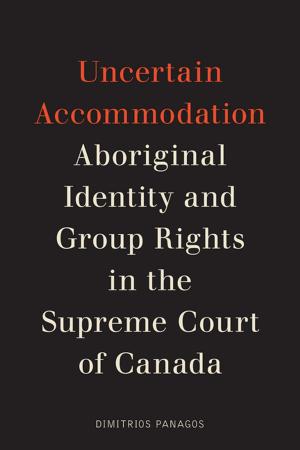A Family Matter
Citizenship, Conjugal Relationships, and Canadian Immigration Policy
Nonfiction, Social & Cultural Studies, Social Science, Cultural Studies, Emigration & Immigration, Entertainment, Performing Arts, Television| Author: | Megan Gaucher | ISBN: | 9780774836456 |
| Publisher: | UBC Press | Publication: | May 15, 2018 |
| Imprint: | UBC Press | Language: | English |
| Author: | Megan Gaucher |
| ISBN: | 9780774836456 |
| Publisher: | UBC Press |
| Publication: | May 15, 2018 |
| Imprint: | UBC Press |
| Language: | English |
How do we define family? In an attempt to police incoming migrants, the Harper government adopted a strict definition of family in order to limit access to citizenship for certain immigrants. Even when immigrants had no intention of sponsoring family members, their familial networks affected their entry to Canada. This approach limited the freedom of some immigrants and refugees to develop their chosen familial networks, a privilege enjoyed by most Canadian-born citizens.
Drawing on government documents and interviews, Megan Gaucher analyzes the government’s assessment of sexual minority refugee claimants’ relationship history and married and common-law spousal sponsorship applications, as well as its crackdown on marriage fraud, to map the differentiated treatment of families living within and beyond Canadian borders. The state is not simply protecting borders from potential threats. It is using the provision of citizenship to reinforce racialized, gendered, and sexualized assumptions about the ideal “Canadian family.”
As many Western governments ponder more restrictive immigration policies, A Family Matter delivers a timely empirical examination of the role of family formation in both granting and refusing citizenship. This important work proposes a course for re-evaluating how family is defined and for implementing a more just assessment process for immigrants and refugees.
How do we define family? In an attempt to police incoming migrants, the Harper government adopted a strict definition of family in order to limit access to citizenship for certain immigrants. Even when immigrants had no intention of sponsoring family members, their familial networks affected their entry to Canada. This approach limited the freedom of some immigrants and refugees to develop their chosen familial networks, a privilege enjoyed by most Canadian-born citizens.
Drawing on government documents and interviews, Megan Gaucher analyzes the government’s assessment of sexual minority refugee claimants’ relationship history and married and common-law spousal sponsorship applications, as well as its crackdown on marriage fraud, to map the differentiated treatment of families living within and beyond Canadian borders. The state is not simply protecting borders from potential threats. It is using the provision of citizenship to reinforce racialized, gendered, and sexualized assumptions about the ideal “Canadian family.”
As many Western governments ponder more restrictive immigration policies, A Family Matter delivers a timely empirical examination of the role of family formation in both granting and refusing citizenship. This important work proposes a course for re-evaluating how family is defined and for implementing a more just assessment process for immigrants and refugees.

